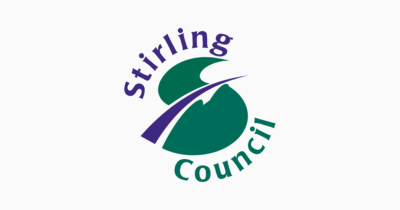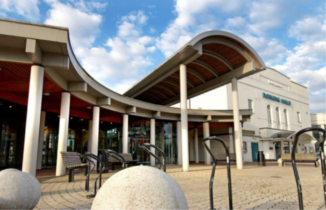In 2012/13 SLC conducted an in-depth review into the Archive Service of Suffolk County Council’s Record Office working closely with Associate Elizabeth Oxborrow-Cowan. Following an in-depth service review, SLC developed a comprehensive prioritised work programme of recommended changes and improvements linked to service development and / or savings. The team’s recommendations were used to inform the Council’s Heritage Strategy.
SLC was subsequently appointed to undertake a review of collecting and income policies for the Archive Service as part of its transformation programme. This work was designed from the outset to explore a restructuring of the service in anticipation of a wider restructuring of Records Office Services across Suffolk.
DEVELOPMENT OF THE HOLD
This work from SLC supported the developing business case and future grant funding bids. It saw the current records office in Gatacre Road move to a new site – The Hold – which cost £18 million.
The creation of The Hold, in partnership with the University of Suffolk, will support and enable the development of a Suffolk Archives Service for the 21st Century. The project is supported by heritage organisations across Suffolk and has received funding support from the National Lottery Heritage Fund.
Located within Ipswich’s Waterfront, The Hold will safely house the bulk of Suffolk’s nationally and internationally significant archives. The development is the catalyst for a transformed, audience-focused service, which can better reach diverse communities in Ipswich, the county and beyond.
From late September 2021, the public were able to access ‘front of house’ areas at The Hold, including the shop, café, archive inspired displays, exhibition gallery, the auditorium and seminar rooms (University of Suffolk staff and students only), toilets, and Changing Place facility.
Much has already been achieved, with a wide range of activity and digital programmes under way through the Sharing Suffolk Stories initiative. This work has developed again as a result of the COVID-19 pandemic, with new ways of sharing collections virtually being explored, such as through the development of a series of online displays.














